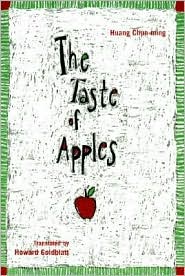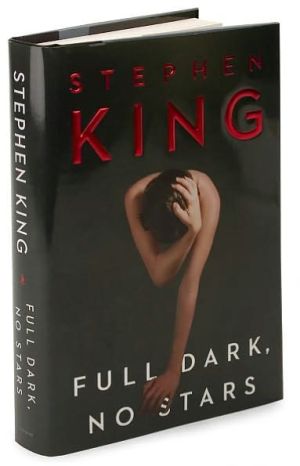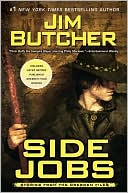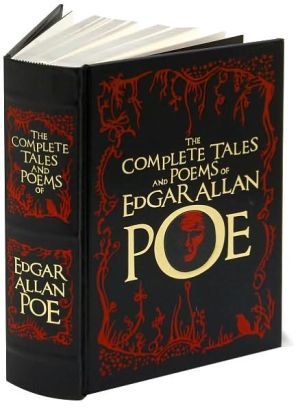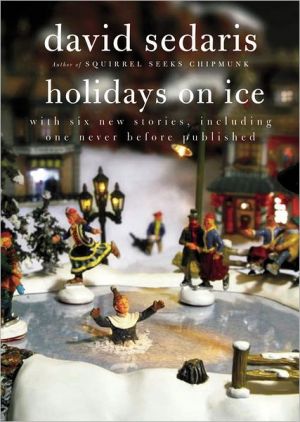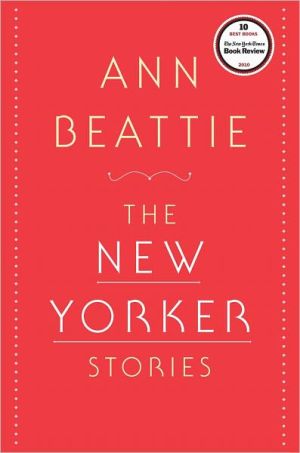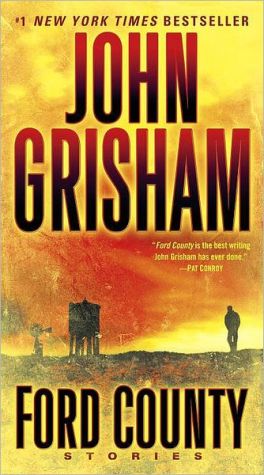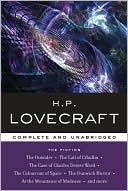The Taste of Apples
From the preeminent writer of Taiwanese nativist fiction and the leading translator of Chinese literature come these poignant accounts of everyday life in rural and small-town Taiwan. Huang is frequently cited as one of the most original and gifted storytellers in the Chinese language, and these selections reveal his genius.\ In "The Two Sign Painters," TV reporters ambush two young workers from the country taking a break atop a twenty-four-story building. "His Son's Big Doll" introduces the...
Search in google:
From the preeminent writer of Taiwanese nativist fiction and the leading translator of Chinese literature come these poignant accounts of everyday life in rural and small-town Taiwan. Huang's characters — generally the uneducated and disadvantaged who must cope with assaults on their traditionalism, hostility from their urban brethren and, of course, the debilitating effects of poverty — come to life in all their human uniqueness, free from idealization.World Literature TodayThe nine original stories . . . and Howard Goldblatt´s sensitive translations of them are now poignant classics that do credit to David Der-wei Wang´s new Modern Chinese Literature form Taiwan series. . . . Huang´s fertile imagination moves amid squatters, grotesques, misfits, oddballs -people with lifestyles characteristic of a poor, developing country prematurely unsettled by urbanization, world politics, and globalization. . . . The characters´ guilt, despair, and defiant pride are universal, generally revealed in subtle but startling ways.
Translator's NotePrefaceThe Fish1The Drowning of an Old Cat11His Son's Big Doll33The Gong55Ringworms125The Taste of Apples135Xaioqi's Cap157The Two Sign Painters183Sayonara/Zaijian209Bibliographic Note253
\ Los Angeles Times Book Review (Best Books of 2001)The literary master whom Huang seems most to resemble is Anton Chekhov. Huang portrays his characters with the same kind of compassionate objectivity, gentle humor, and sharp poignancy. His style is pithy, direct and clear.... the clash between traditional ways and urban exigencies, the desire to fit in, the need to save face and the difficulty of making a living without losing one's self-respect are problems these characters confront every day, problems that will strike a chord with readers everywhere.\ — Merle Rubin\ \ \ \ \ \ World Literature TodayThe nine original stories... and Howard Goldblatt's sensitive translations of them are now poignant classics that do credit to David Der-wei Wang's new Modern Chinese Literature form Taiwan series.... Huang's fertile imagination moves amid squatters, grotesques, misfits, oddballs -- people with lifestyles characteristic of a poor, developing country prematurely unsettled by urbanization, world politics, and globalization.... The characters'guilt, despair, and defiant pride are universal, generally revealed in subtle but startling ways.\ \ \ \ Los Angeles Times Book ReviewThe literary master whom Huang seems most to resemble is Anton Chekhov. Huang portrays his characters with the same kind of compassionate objectivity, gentle humor, and sharp poignancy. His style is pithy, direct and clear.... the clash between traditional ways and urban exigencies, the desire to fit in, the need to save face and the difficulty of making a living without losing one's self-respect are problems these characters confront every day, problems that will strike a chord with readers everywhere.\ — Merle Rubin\ \ \ \ \ \ Los Angeles Times Book Review (Best Books of 2001)\ - Merle Rubin\ The literary master whom Huang seems most to resemble is Anton Chekhov. Huang portrays his characters with the same kind of compassionate objectivity, gentle humor, and sharp poignancy. His style is pithy, direct and clear.... the clash between traditional ways and urban exigencies, the desire to fit in, the need to save face and the difficulty of making a living without losing one's self-respect are problems these characters confront every day, problems that will strike a chord with readers everywhere.\ \ \ \ \ \ Merle RubinThe literary master whom Huang seems most to resemble is Anton Chekhov. Huang portrays his characters with the same kind of compassionate objectivity, gentle humor, and sharp poignancy. His style is pithy, direct and clear. . . . the clash between traditional ways and urban exigencies, the desire to fit in, the need to save face and the difficulty of making a living without losing one's self-respect are problems these characters confront every day, problems that will strike a chord with readers everywhere.\ \ \ \ \ World Literature TodayThe nine original stories . . . and Howard Goldblatt´s sensitive translations of them are now poignant classics that do credit to David Der-wei Wang´s new Modern Chinese Literature form Taiwan series. . . . Huang´s fertile imagination moves amid squatters, grotesques, misfits, oddballs -people with lifestyles characteristic of a poor, developing country prematurely unsettled by urbanization, world politics, and globalization. . . . The characters´ guilt, despair, and defiant pride are universal, generally revealed in subtle but startling ways.\ \ \ \ \ Publishers Weekly\ - Publisher's Weekly\ Taiwanese poor and working-class people, skillfully and respectfully portrayed, are the subjects of Huang Chun-ming's The Taste of Apples (trans. by Howard Goldblatt). Minor events take on huge significance in their lives, such as when a poor boy buys his loving grandfather a bonito, only to lose it on the way home in "The Fish." In the title story, a family is thrown into panic when the breadwinning father is struck by an automobile, but hope is restored when they learn that the driver was American and willing to make financial restitution. Copyright 2001 Cahners Business Information.\ \ \ \ \ BooknewsPresents translations of nine stories by Taiwanese writer Huang Chun- ming. The stories, written in the 1960s and 1970s, first appeared in Taiwanese magazines and newspaper supplements and were later included in the author's short story collections. Titles include and the title story. The volume is not indexed. Annotation c. Book News, Inc., Portland, OR (booknews.com)\ \
